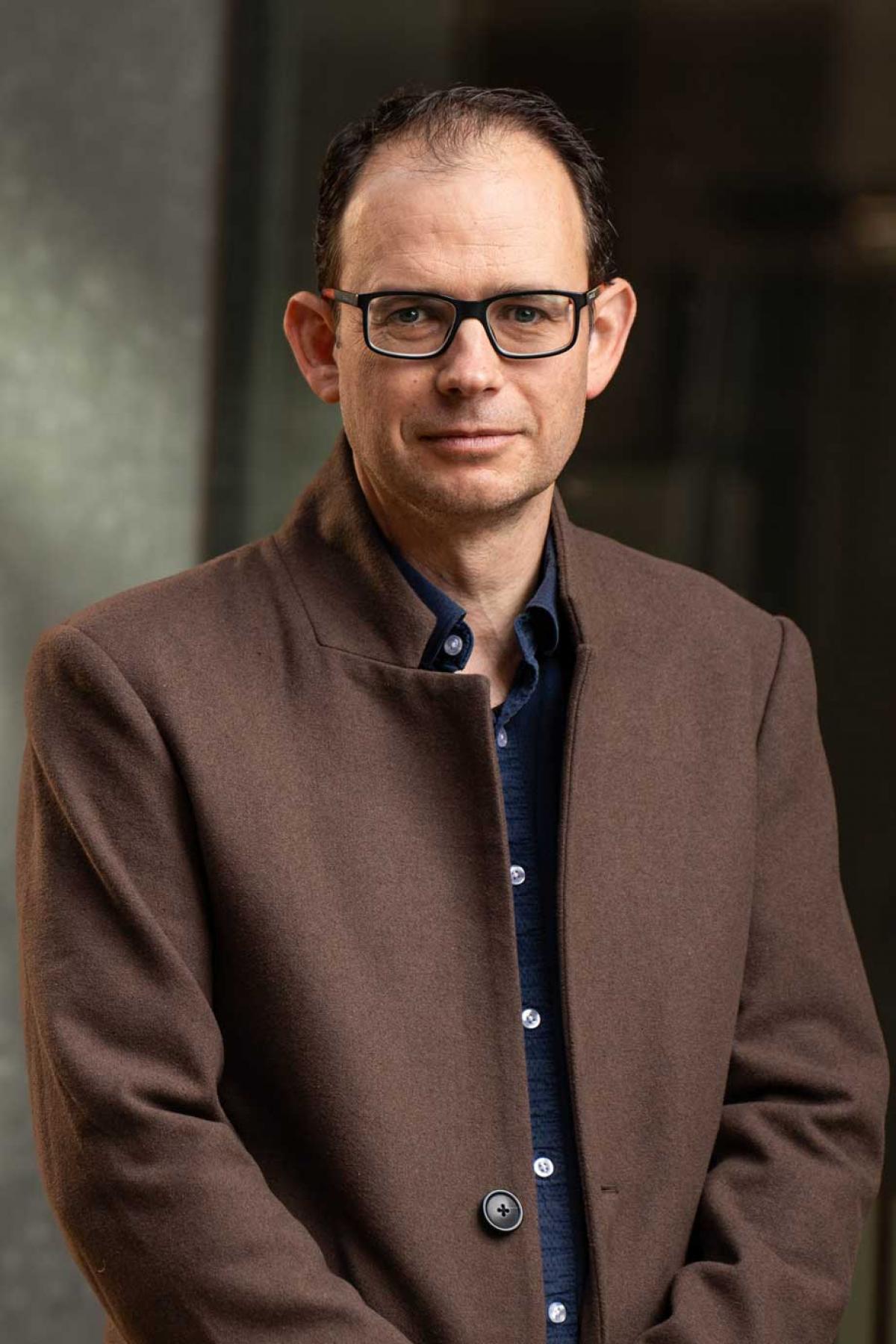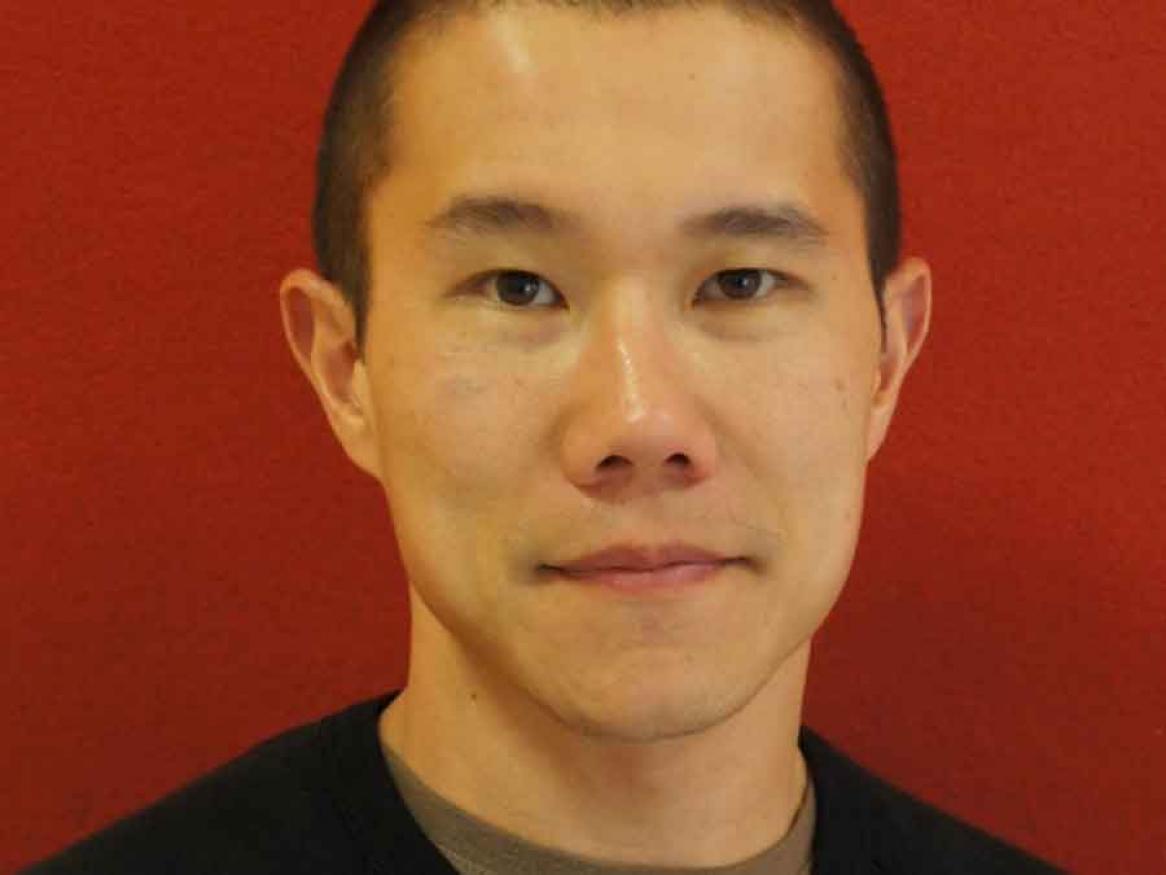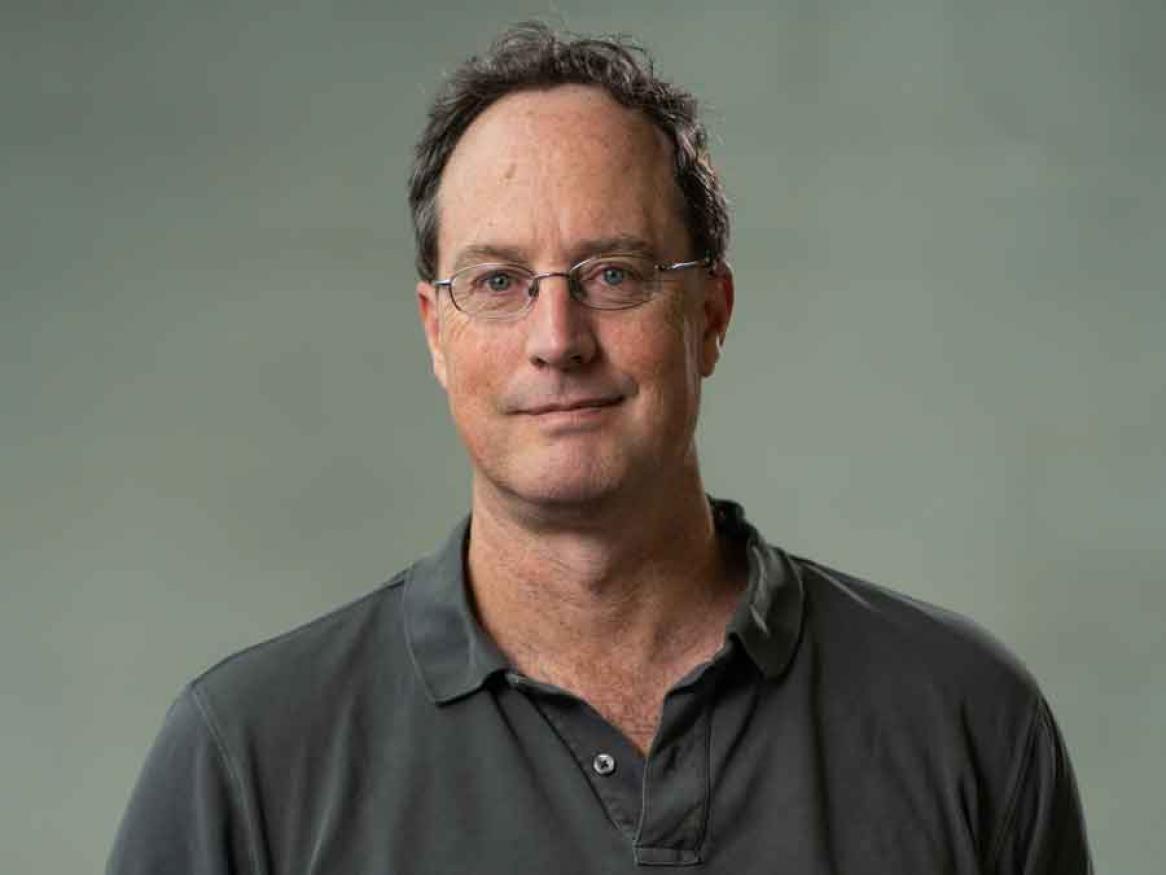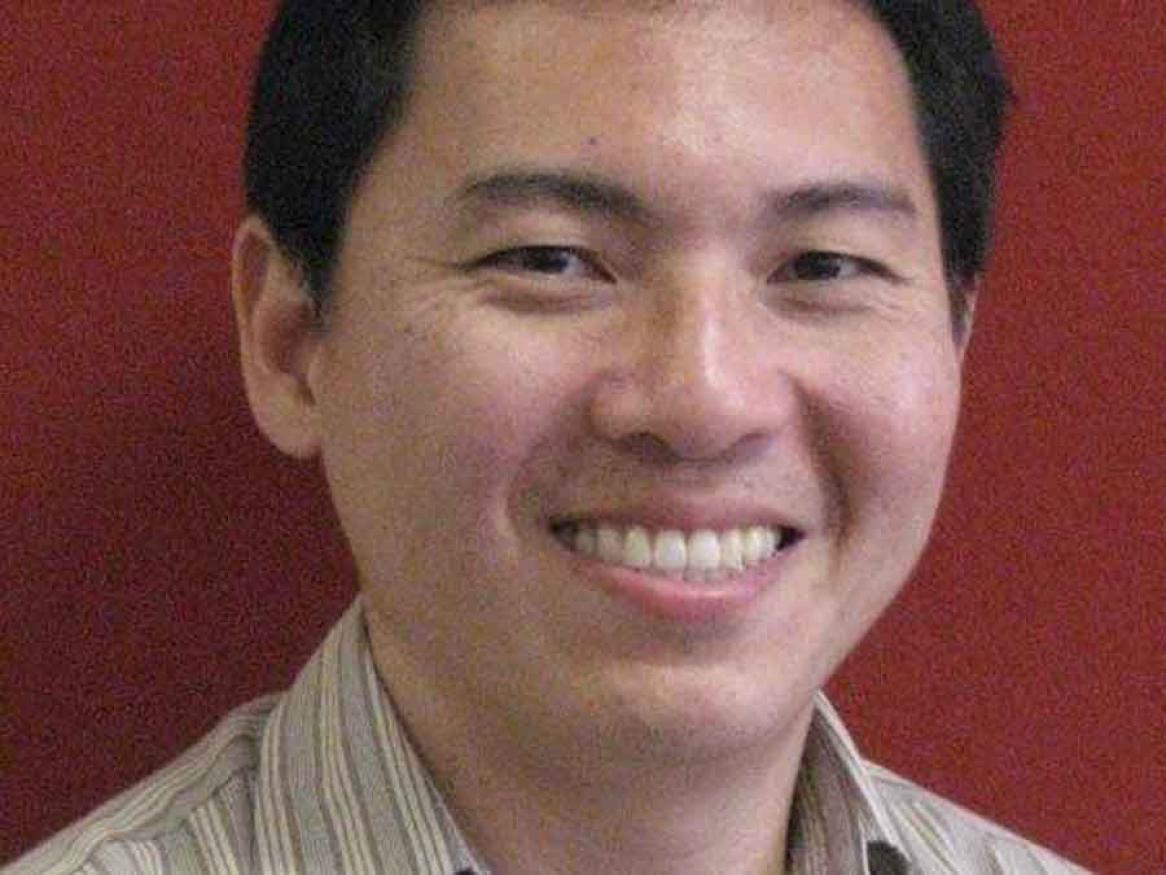Our People
The School of Physics, Chemistry and Earth Sciences is home to some of the brightest minds in science.
We have more than 350 people spread across teaching, research, and professional activities; titleholders and visitors; and a large cohort of higher degree by research students.
We are one of eight schools in the Faculty of Sciences, Engineering and Technology. The school office is located at the University of Adelaide’s North Terrace campus.
Professor Christopher Sumby

Head of School, Physics, Chemistry and Earth Sciences
Professor Christopher Sumby is Head, School of Physics, Chemistry and Earth Sciences and Professor of Chemistry at the University of Adelaide where he undertakes research into the synthesis and properties of nanomaterials to address energy, environmental and industrial challenges.
Professor Sumby has been awarded various fellowships and awards, including an ARC Future Fellowship (2009), a South Australian Young Tall Poppy Award (2009) and a Japan Society for the Promotion of Science International Invitational Fellowship (2014). He is the Deputy Director of the Centre for Advanced Nanomaterials at the University of Adelaide where key research themes include Chemical and Electrical Energy Storage; Energy Waste Management; Heterogeneous Catalysis; and Nanoporous materials for Gas Separations.
Professor Sumby also directs the Bragg Crystallography Facility, the X-ray diffraction centre at the University of Adelaide. He provides academic direction and leadership to the school, working collaboratively with the school executive comprising Associate Heads in the portfolio areas of Research, Learning and Teaching, and People and Culture, and the Discipline Leads from the disciplines of Physics, Chemistry and Earth Sciences.
-
Associate heads
Associate Professor Ross Young
Associate Head, Learning and Teaching
Associate Professor Carl Spandler
Associate Head, Research
Associate Professor David Huang
Associate Head, People and Culture
Associate Professor Stijn Glorie
Associate Head, International
Professor Simon Holford
Associate Head, Outreach and Engagement
-
Discipline leads
Professor David Ottaway
Physics
Associate Professor Tak Kee
Chemistry
Associate Professor Rosalind King
Earth Sciences
-
School contacts
-
Physics
Physics Academics
- Irene Bolognino, Lecturer
- Bruce Dawson, Professor
- Heike Ebendorff-Heidepriem, ARC Industry Laureate Fellow
- Jake Forster, Lecturer
- Gary Hill, Associate Professor
- Miftar Ganjia, Professor
- Antony Hooker, Research Associate Professor
- Paul Jackson, Professor
- Derek Leinweber, Professor
- Andre Luiten, Chair of Experimental Physics
- Andrew MacKinnon, Associate Professor/ Reader
- David Ottaway, Professor
- Gavin Rowell, Professor
- Glenn Solomon, Hicks Chair Quantum Materials
- Nigel Spooner, Professor
- Anthony Thomas, Elder Chair of Physics
- Peter Veitch, Professor
- Martin White, Professor
- Anthony Williams, Professor
- Ross Young, Associate Professor
- James Zanotti, Professor
Research Fellows
-
Chemistry
Chemistry Academics
- Andrew Abell, Professor
- Stephen Bell, Associate Prof/Reader
- Christian Doonan, Professor and SA Industry Fellow
- Thomas Fallon, Lecturer
- Hugh Harris, Professor
- David Huang, Associate Prof/Reader
- Michael Huxley, Associate Lecturer
- Beatriz Jimenez, Senior Lecturer
- Tak Kee, Associate Prof/Reader
- Sara Krivickas, Lecturer
- Tao Li, Lecturer
- Gregory Metha, Professor
- Tara Pukala, Professor
- Cameron Shearer, ARC Future Fellow and Lecturer
- Christopher Sumby, Angas Professor
Chemistry Research Fellows
-
Earth sciences
Earth Sciences Academics
- Kathryn Amos, Professor and BP Chair
- Lee Arnold, Associate Prof/Reader
- Mark Bunch, Senior Lecturer
- Alan Collins, Mawson Chair in Geology
- Juraj Farkas, Associate Prof/Reader
- Alexander Francke, Lecturer
- Stijn Glorie, ARC Future Fellow and Associate Professor
- Martin Hand, Professor
- Derrick Hasterok, Lecturer
- Graham Heinson, Professor
- Simon Holford, Professor and State Chair in Petroleum Geoscience
- Rosalind King, Associate Prof/Reader
- Lucy McGee, Senior Lecturer
- Carl Spandler, Professor
- Jonathan Tyler, ARC Future Fellow and Associate Professor
Earth Sciences Research Fellows
- Jacob Mulder, ARC DECRA Fellow
- Andrew Merdith, ARC DECRA Fellow
- Martina Demuro, ARC Future Fellow
- Tamara Fletcher, Ramsay Fellow
- Rachelle Kernen, Research Fellow
Our researchers
Search our researcher database for experts and supervisors.








